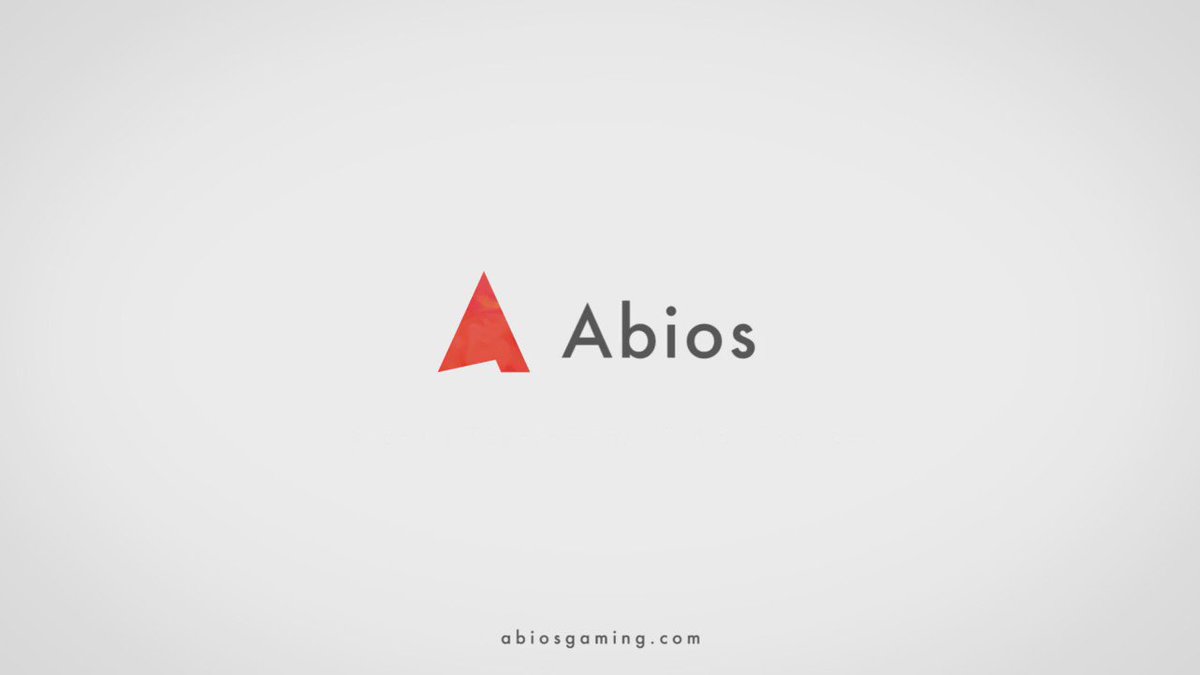Data is perhaps one of the most untapped sectors of esports. Since video games are entirely digital, a huge amount of raw data is available and the opportunities that presents is far beyond those in other industries.
One company navigating this space, and doing so successfully, is Stockholm-based Abios. We spoke with Oskar Fröberg, CEO of Abios to dig into the company’s products, the challenges it has faced, and its involvement in ESI London.

ESI: Why do you come back to support the event each year?
OF: The main reason is that we’ve had great success in meeting both existing and new potential clients and partners to do business with.
We can meet both sportsbooks and event operators, as well as other suppliers in the industry. It’s a great place to feel the pulse of the industry and to meet with our industry colleagues who are not situated in Stockholm like us.
ESI: What do you get from these events on a personal level?
OF: The networking side of things is really important. It’s always great to meet the people that I continuously speak with over email and Skype and whatnot, and there’s always a lot of important people from the industry in attendance. It’s nice to meet them in person to improve the relationship and it’s, of course, good for Abios at the same time.
It’s also really interesting to see what other companies and other actors are doing in the industry and to keep tabs on what’s happening each year.
“Esports is still far behind regular sports but it’s slowly getting there.”
ESI: Where do you fit into the esports industry and what do you bring to it that no other company does?
OF: We’re a data supplier and our core product is our API. We enable the collection and use of data for many types of companies, whether it’s a betting company, an organisation, or a media company – any company that’s looking for data. The second product that we have now that’s built on our API is our widgets. This product mainly helps betting companies to create interesting and engaging live content for matches – both pre-match and live – without large development costs or technical overheads.
We gather and collect data – either from game developers, event organizers, or from official streams – and then make sure it’s as fast and as granular as possible to distribute it in a way that’s easy to use and well-structured.
ESI: Last year you partnered with Luckbox and you recently announced a deal with Unibet, so you had experience with both esports and sports betting. How would you compare the two?
OF: Esports is still far behind regular sports but it’s slowly getting there. We’re not in any huge rush for it to catch up though, we want to be in the industry and grow with the industry as it keeps growing for many, many years to come. While esports betting is getting big now and interest is growing, the betting industry for esports is nowhere near its potential size.
The amount of players in esports is there, the viewership is there, the prize pools are there, and these are all continuously growing. However, we know all of the sub-industries are still have a long way to go; I think this is very positive because it means there’s still huge growth to come for the entire market.
“The audience needs to mature and have higher disposable income.”
ESI: Do you think there are any missed opportunities that’s hindering the growth of esports betting or is it just a case of waiting for things to grow naturally?
OF: I think it’s both. We need to wait for things to grow naturally and we need to wait for revenue to continue to flow down the stream. The audience needs to mature and have higher disposable income so that people can spend money on their hobbies and interests – one of which is esports. There’s not much to do about that except wait because I don’t think we’ll be able to convert older adults to start betting on esports. In 20 years time, I’m certain that the interest will still be there for esports betting so it’s a waiting game.
From my perspective, the most important thing is that the game developers continue to provide open data sources for companies to collect and build products upon. I would suggest, for the developers that don’t do that, that they should open themselves up. I also think that in general, what would be best for esports is if it can avoid going down the same road that traditional sports has with exclusive rights.

ESI: How has Abios grown and developed over the past year?
OF: We’re just trying to increase revenue and land more and more clients. As of right now, we are roughly growing revenue by 100% per year. Our business model is Data as a Service so that produces recurring revenue; we sign up clients on a monthly, quarterly, or annual basis and do our best to retain them.
ESI: Have you got any other products on the horizon that in development?
OF: We’ll be releasing another product around the same time as ESI London, we’ll be rolling out probabilities. It’s a knowledge feed, but it’s not traded and it’s not risk managed. Since we have very good data and five years of very detailed historical data, we’re able to make some really great predictions on matches and events. We’re releasing a feed of odds or probabilities, whichever way you wish to describe it. The big three games will be supported at the beginning.
Initially it will just be pre-match and hopefully we’ll expand into live probabilities going forward.
“Often times, people who venture into new industries or new businesses are in too much of a rush.”
ESI: What’s been the biggest challenge for Abios since it was started?
OF: The biggest challenge for the company I would say is durability. We’re always trying to avoid being short-sighted and burning out too quickly. Often times, people who venture into new industries or new businesses are in too much of a rush, and while we want to make everything happen quickly, esports takes time to grow and build.
It takes time for revenues to flow from the top tier players and game developers down to all the subsets of businesses and organisations in the industry. That affects us as we have some clients that are financially stable but we also have a lot of clients that are esports startups that are faced with the challenge of becoming sustainable. And of course, even if we think that we have a great business and a good business model, we’re also dependent on the success of our clients.
[maxbutton id=”8″ ]
